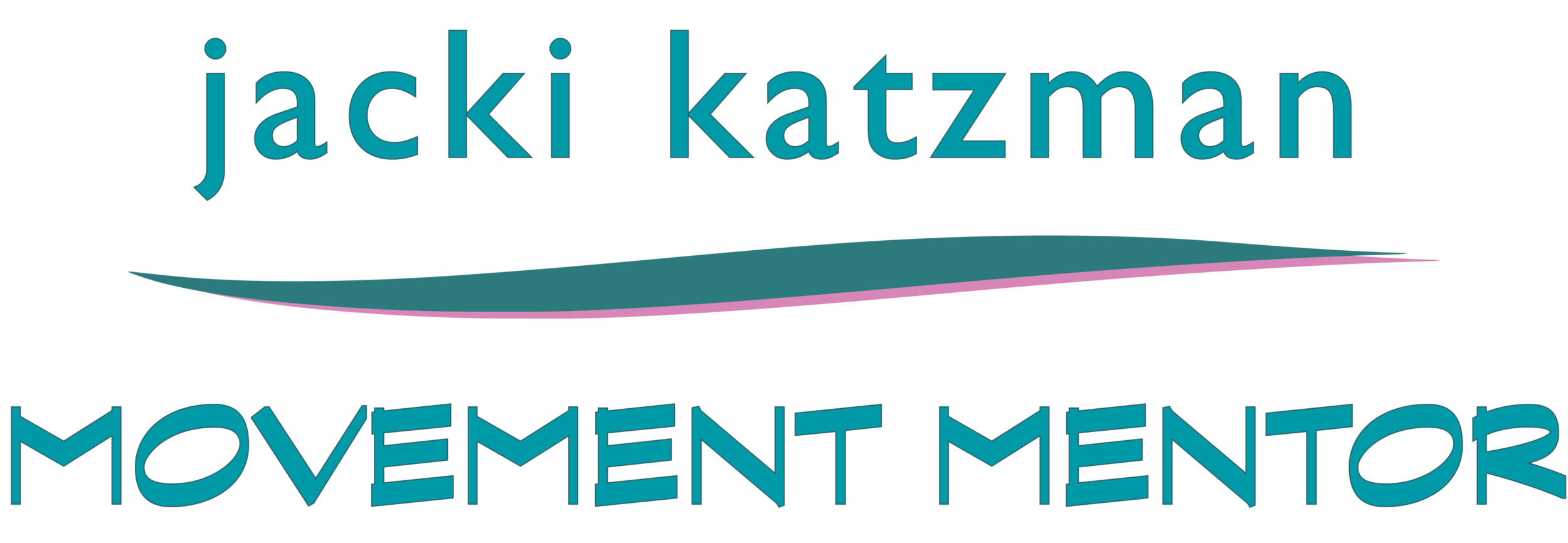From “The Vortex” to Self-Image - We can always improve
Guild photo Credit: Copyright 2005, Rosalie O'Connor. Used with permission of the Feldenkrais Guild® of North America.
Every week, it seems, the scientific world validates another Moshe Feldenkrais principle.
Though Moshe was the scion of a long line of rabbis, he was adamantly non-religious. But a deep humanist and thus, spiritual.
Moshe said:
“Nothing is permanent about our behavior patterns except our belief that they are so.”
“In order to change our mode of action, we must change the image of ourselves that we carry within us?”
The spiritual world also has moments of ‘catching up with Moshe.” This morning’s Abraham-Hicks daily quotes struck me as particularly “Feldenkraisian”:
International Feldenkrais Federation image of Moshe Feldenkrais
“Is Abraham saying that you could reach what you consider to be a prime human physical condition and that you could maintain it for as long as you remain physically focused in this body? The answer is, absolutely yes. And it doesn’t mean reach your prime and then jump off a cliff the same day, either. It means, reach your prime and bask in the deliciousness of that. ... Look around less. Imagine more. Look around less. Imagine more. Until your imagery is the most familiar vibration that you have.”
If we imagine ourselves as limited, we are. And yet, changing the self image changes the self; it can happen in a breath if the self image allows it. Awareness Through Movement lessons are a way to constantly imagine further improvement, improvements on the improvements, improving on those improvements. It happens. Maybe not as quickly as we would like - habits are strong and are rooted in value - but even a minute change can be 100% improvement.
Not that I have yet overcome my genetic disposition to worry and awfulizing. It’s a daily practice …


